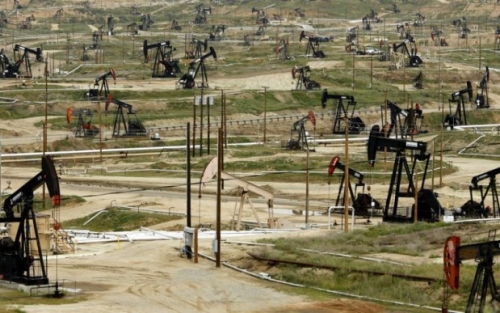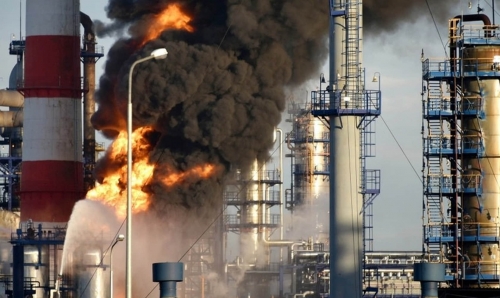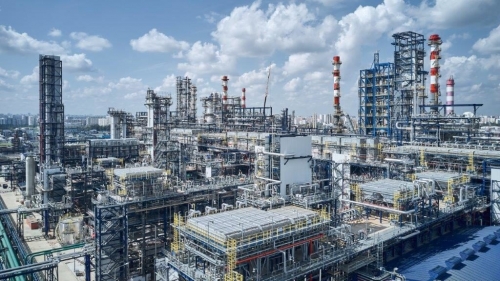Gazprom’s controversial Nord Stream 2 pipeline jumped a major hurdle this week as five European energy companies agreed to provide financing for the project.
Royal Dutch Shell, Austria’s OMV, France’s Engie and Germany’s Uniper and Wintershall have each agreed to provide up to 950 million euros (US$1.036 billion) to fund the pipeline. Gazprom, the Russian natural gas giant, will foot the remaining 50% of the project’s estimated 9.5 billion euro (US$10.4 billion) bill.
“We are completing an important milestone for the Nord Stream 2 project,” Gazprom’s CEO Alexei Miller said at a signing ceremony on April 24. “This pipeline will be a reliable transport route for Europe’s natural gas supply.”
Each of the five companies will provide a long-term funding facility of 285 million euros (US$311 million), which is scheduled be drawn down this year. In addition, they are providing up to 665 million euros (US$725 million) to cover short and long-term funding needs.
In a joint statement, the European companies said their financial commitment “underscores the Nord Stream 2 project’s strategic importance for the European gas market”.
Nord Stream 2 is designed to pump Russian natural gas to Europe underneath the Baltic Sea. Though supported by European powerhouses such as Germany, the project is controversial in the Brussels because several member states fear it would give Moscow more control over the EU’s energy supplies.
The EU initially wanted to block Nord Stream 2, but Brussels recently reversed course. Now it is seeking the support of member states to negotiate with Moscow over their energy security concerns.
Denmark, Poland and several other countries appear steadfast in their opposition, however. Earlier this month, the Danish government announced proposed legislative changes that would allow the country to block pipeline projects such as Nord Stream 2 on concerns over foreign and security policy.
Nord Stream 2 would double the existing Nord Stream pipeline’s capacity to 110 bcm per year of natural gas. It is expected to be operational by the end of 2019.
The European Commission has not yet commented on the financing deal.
Five European energy companies sign on to Nord Stream 2
2017.04.30
3 435

%20(1).png)



